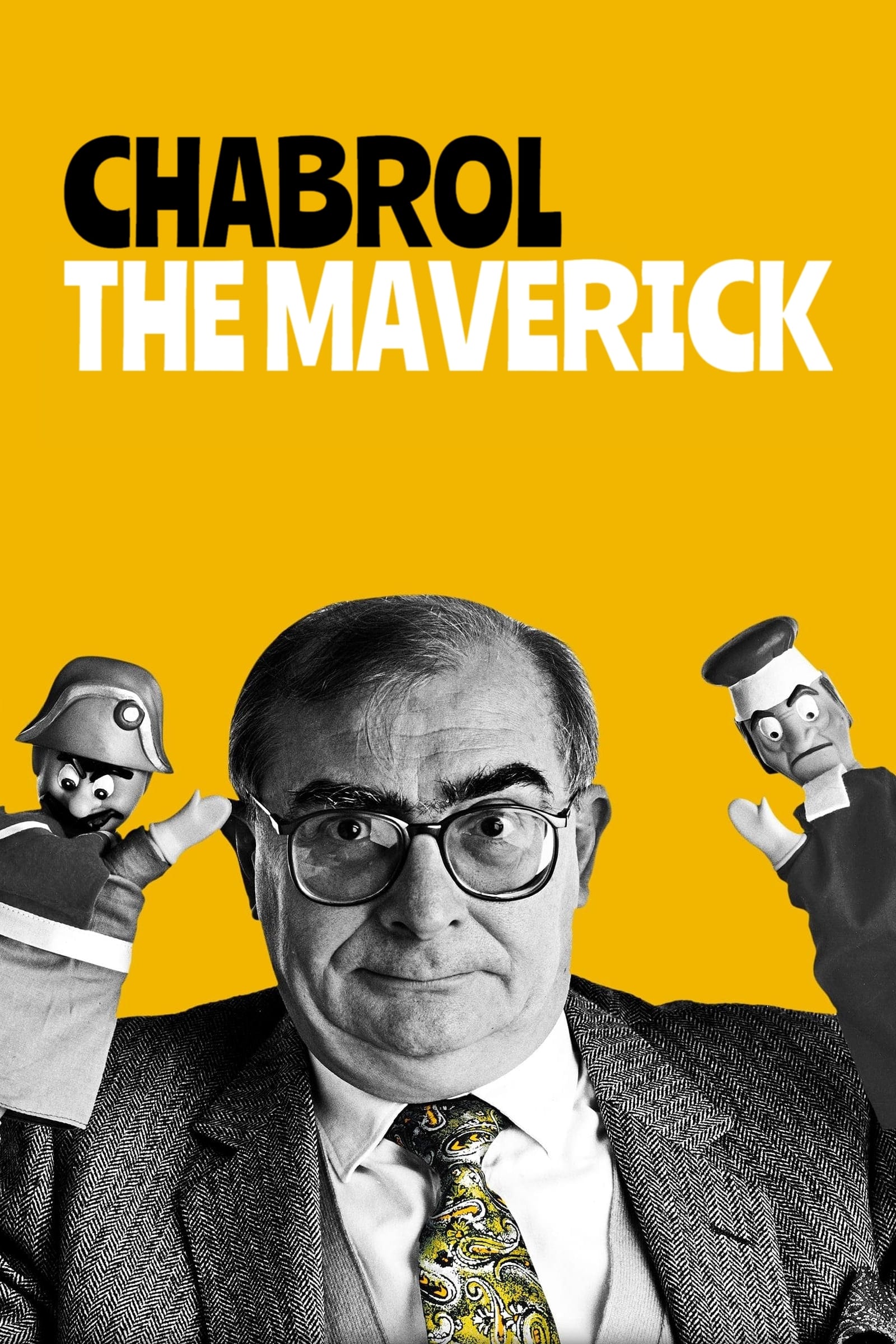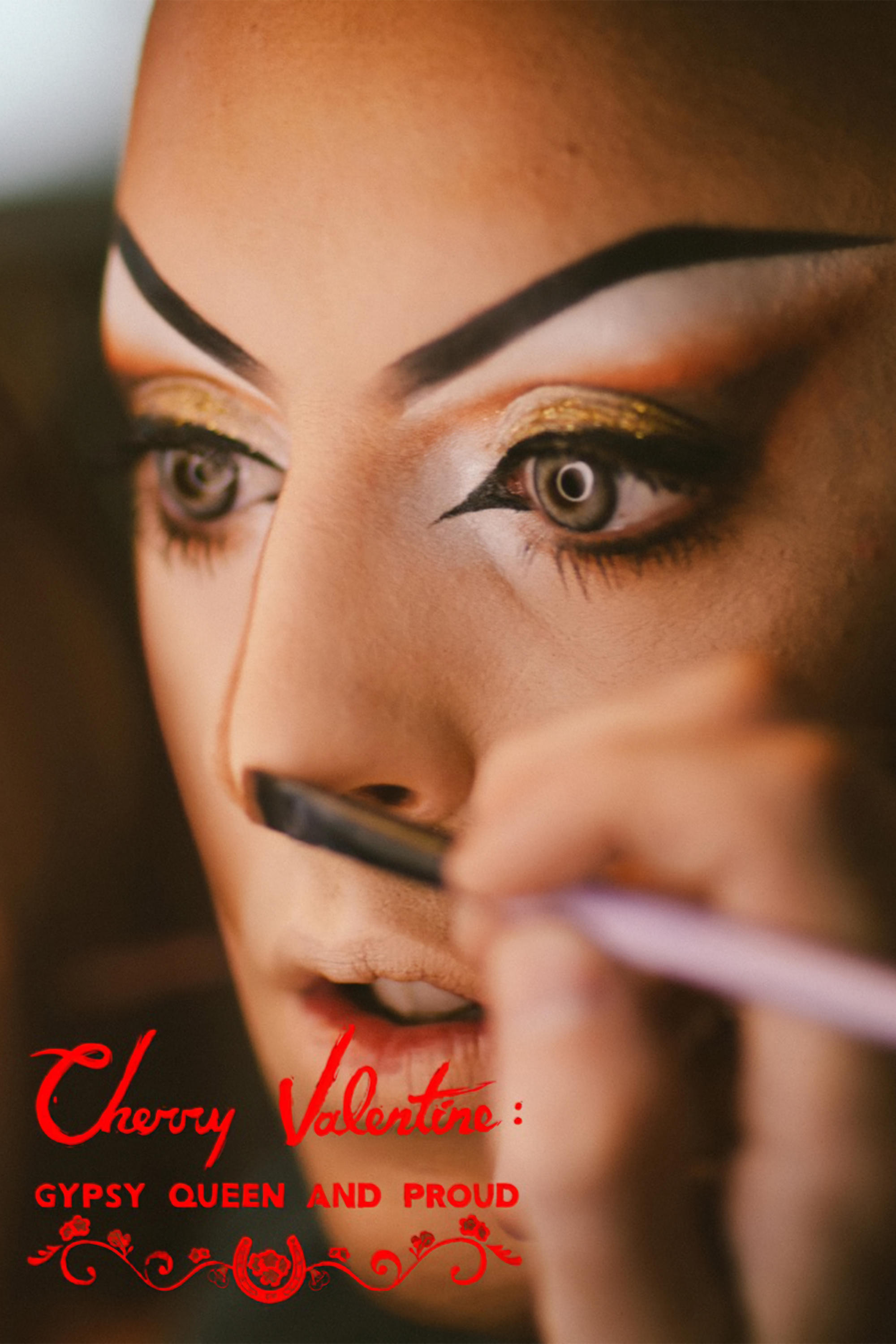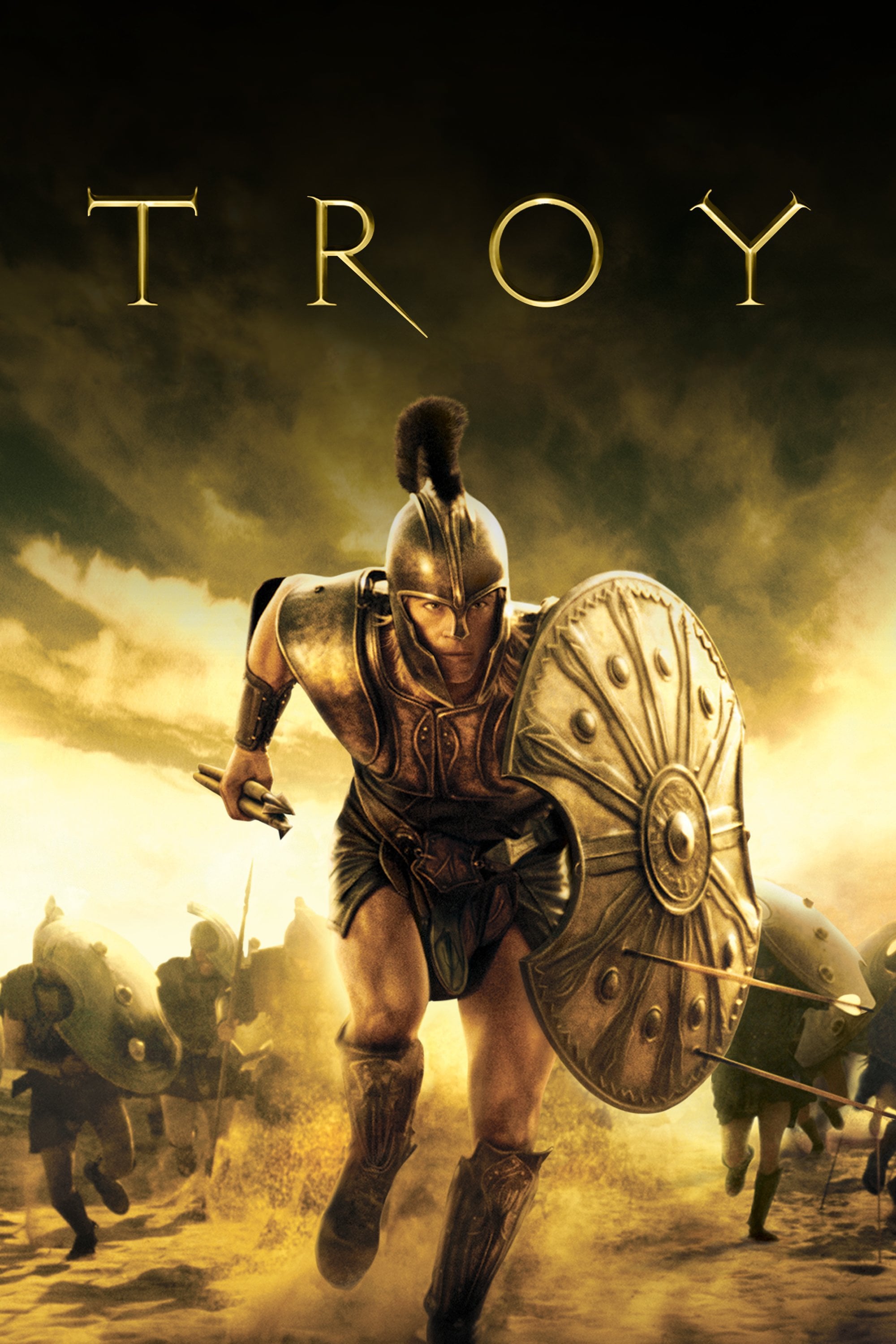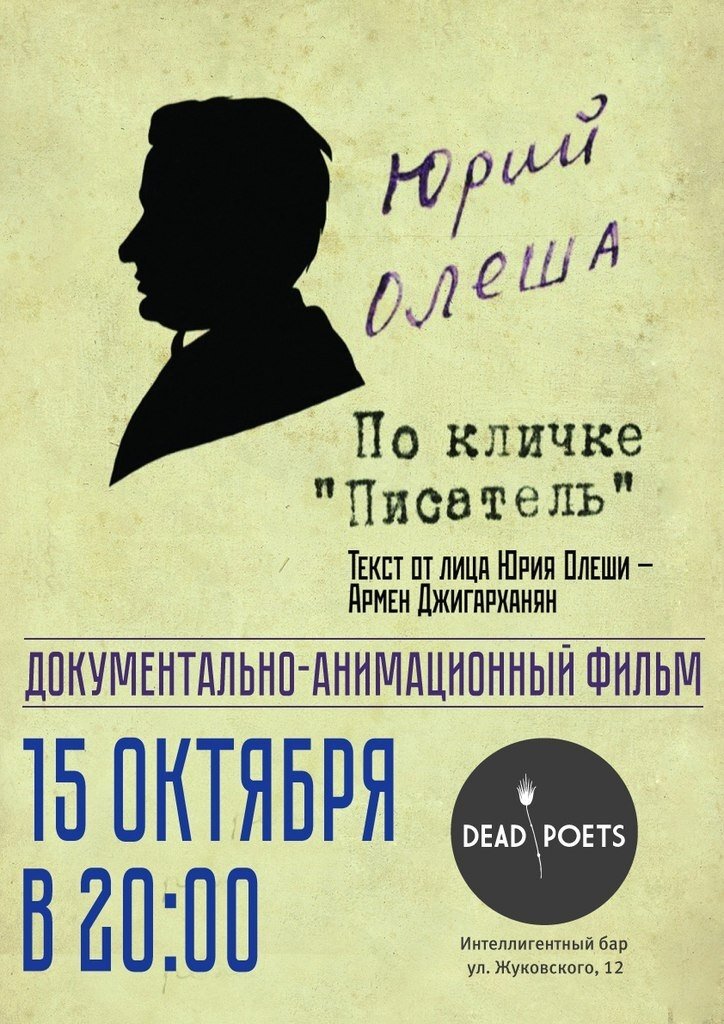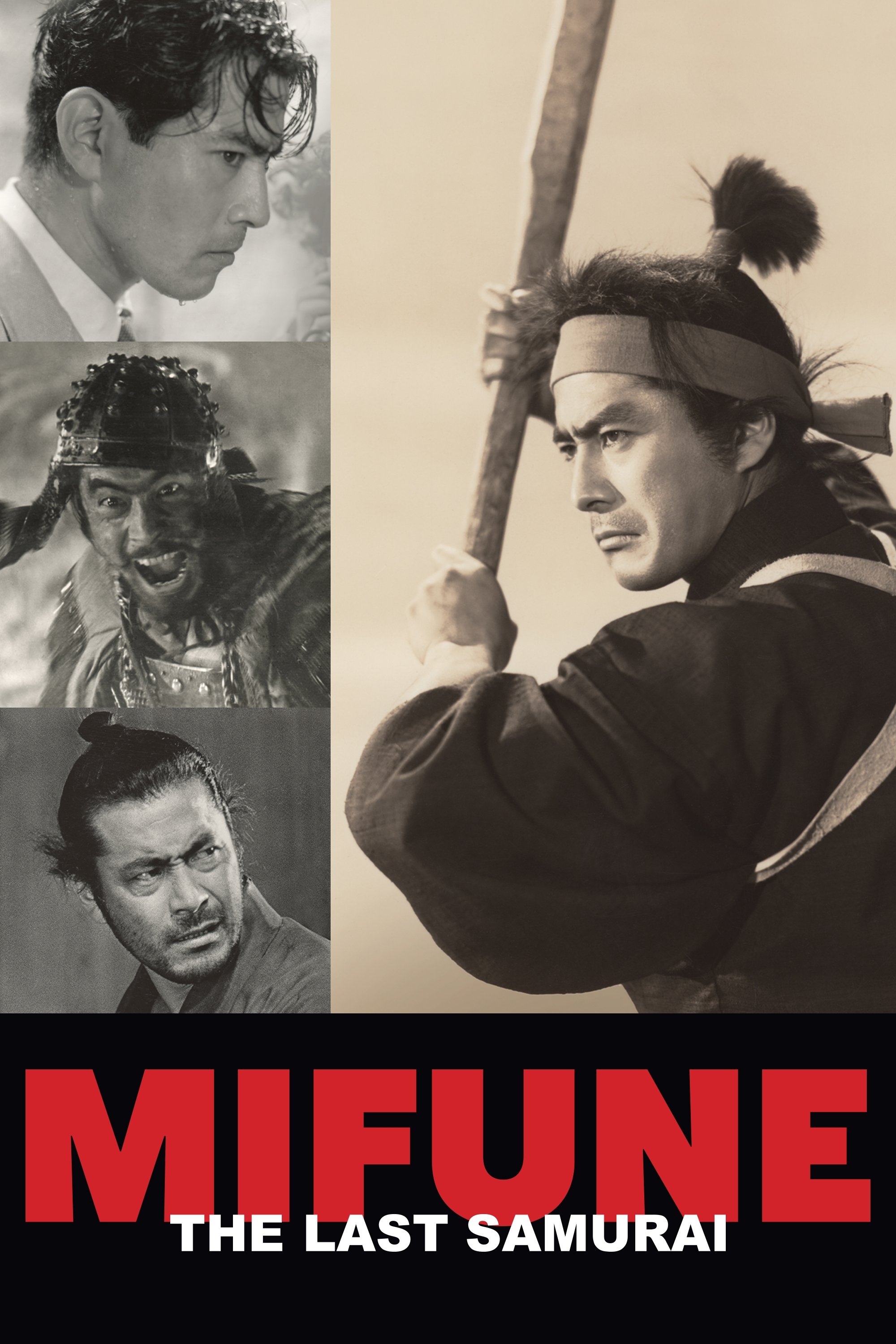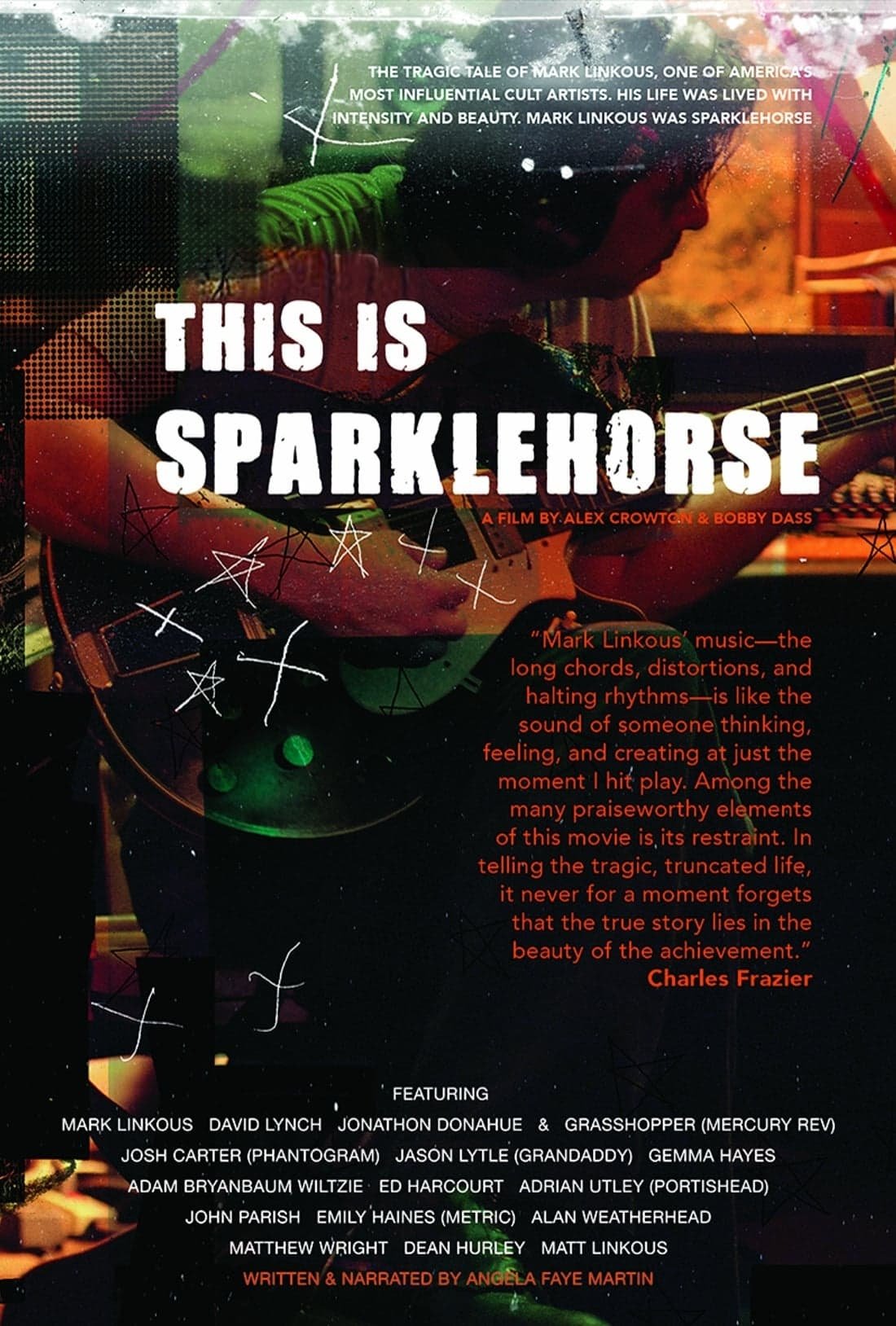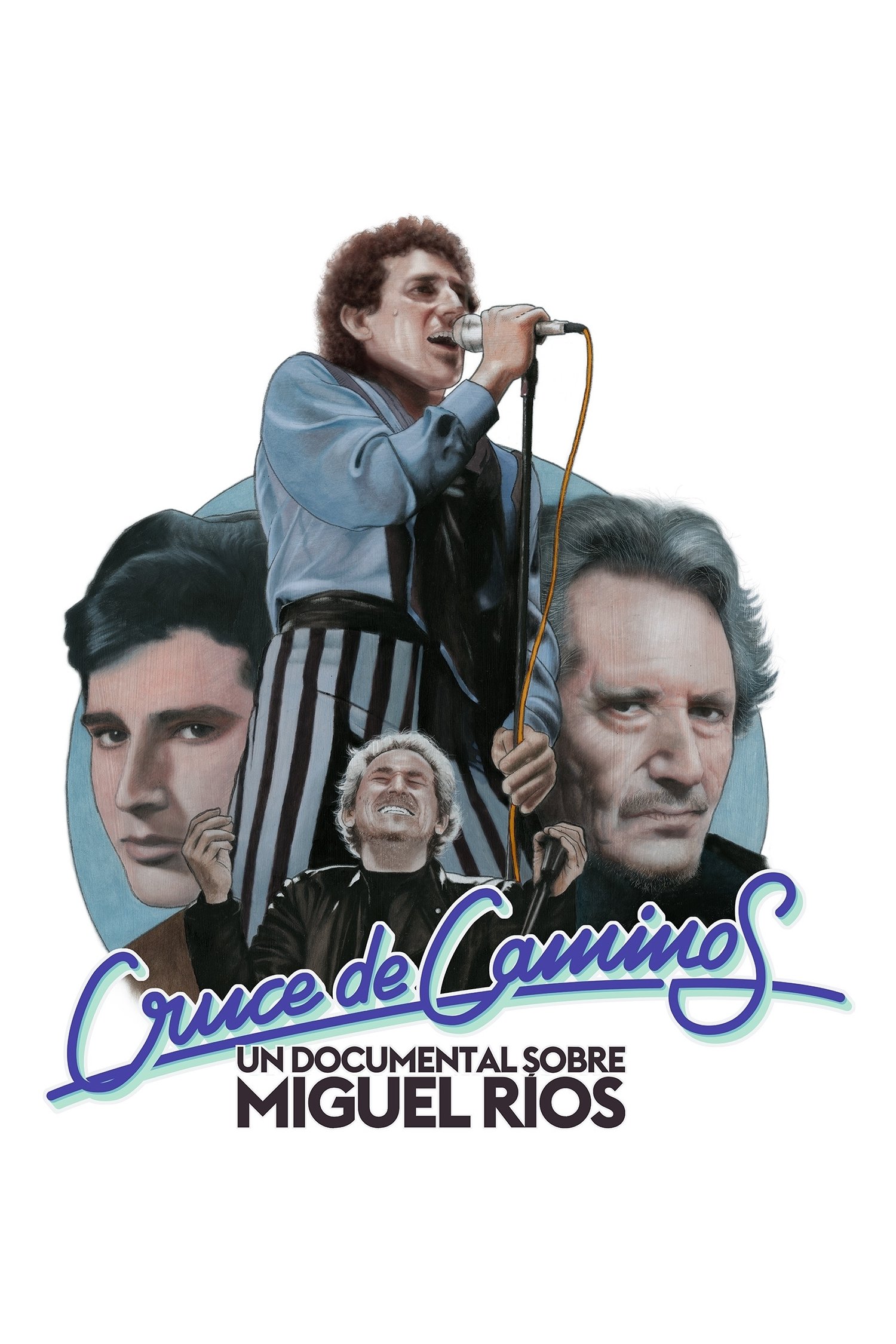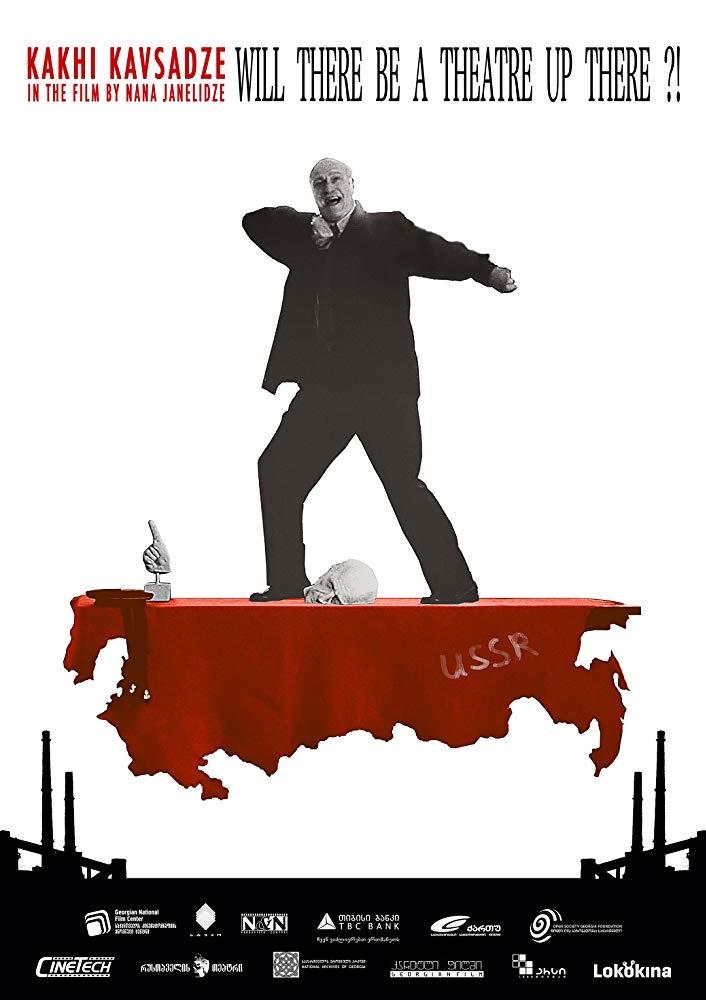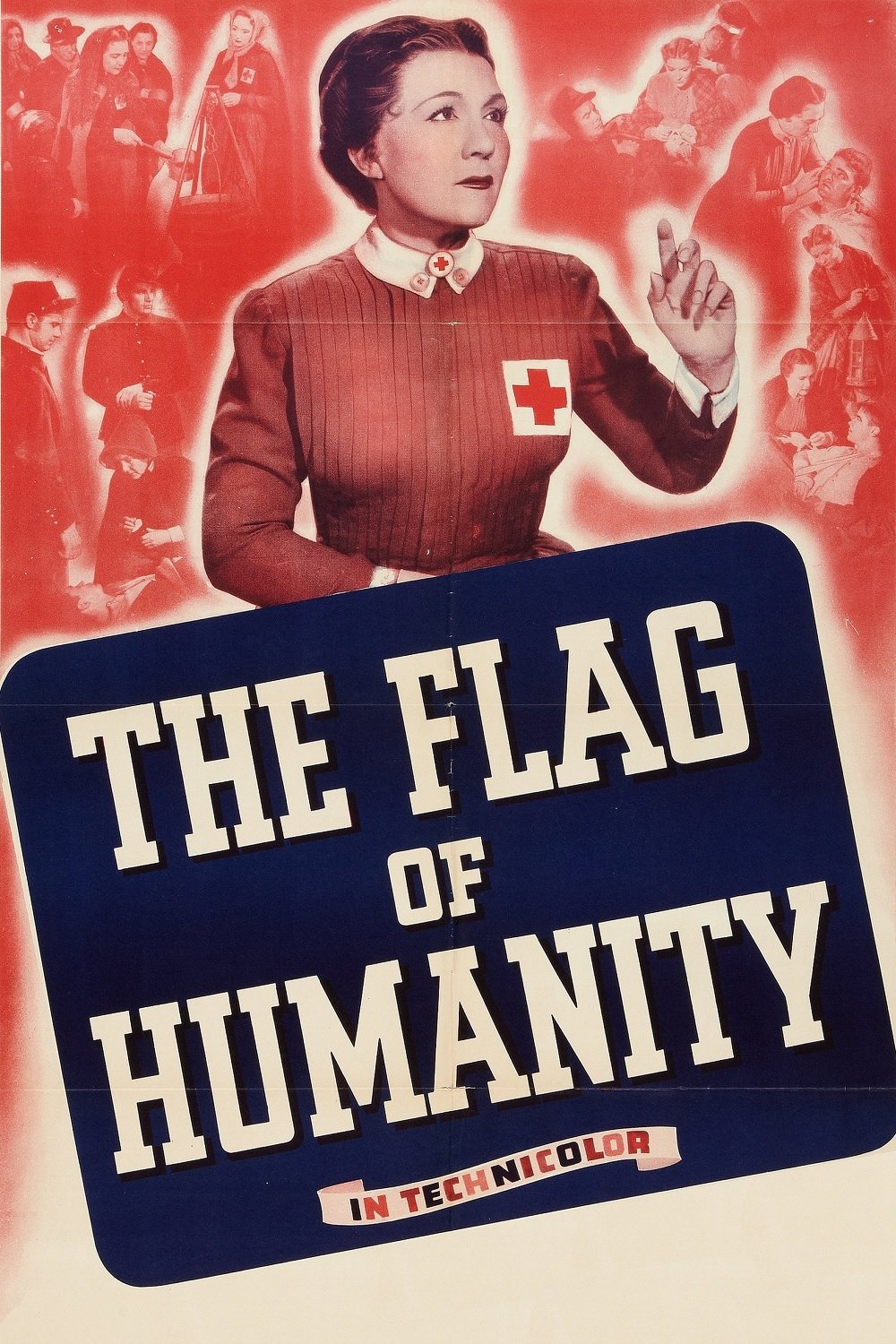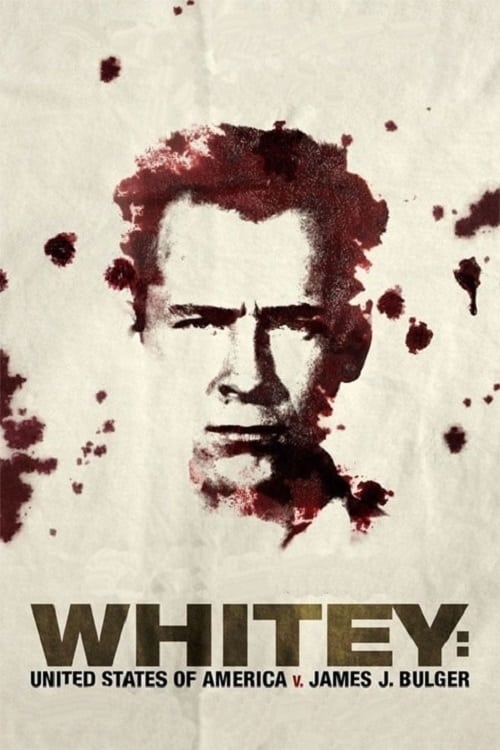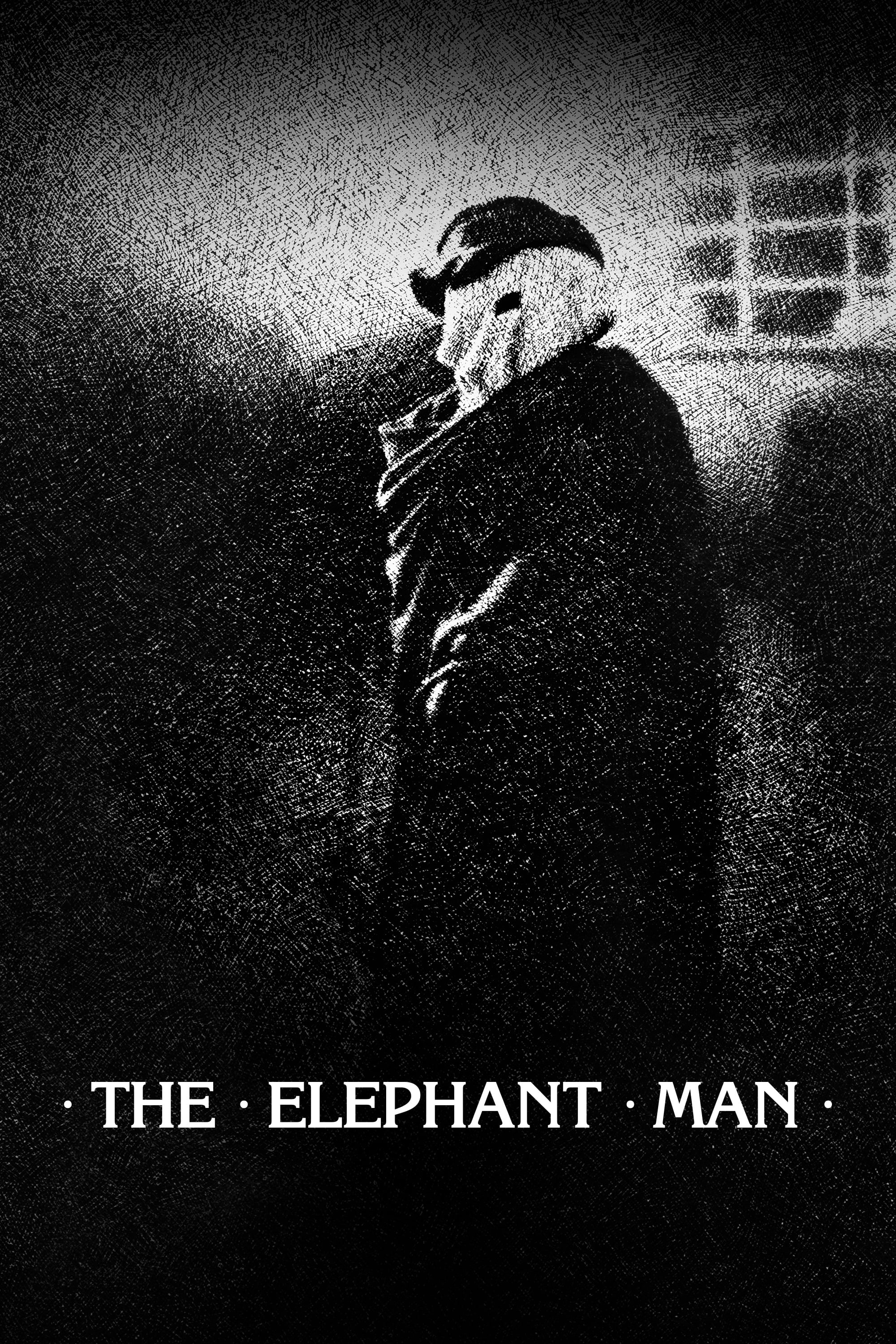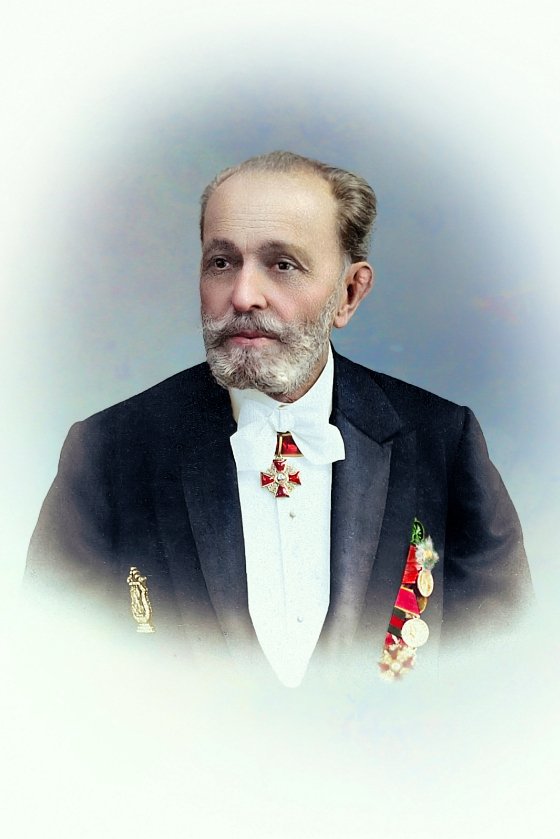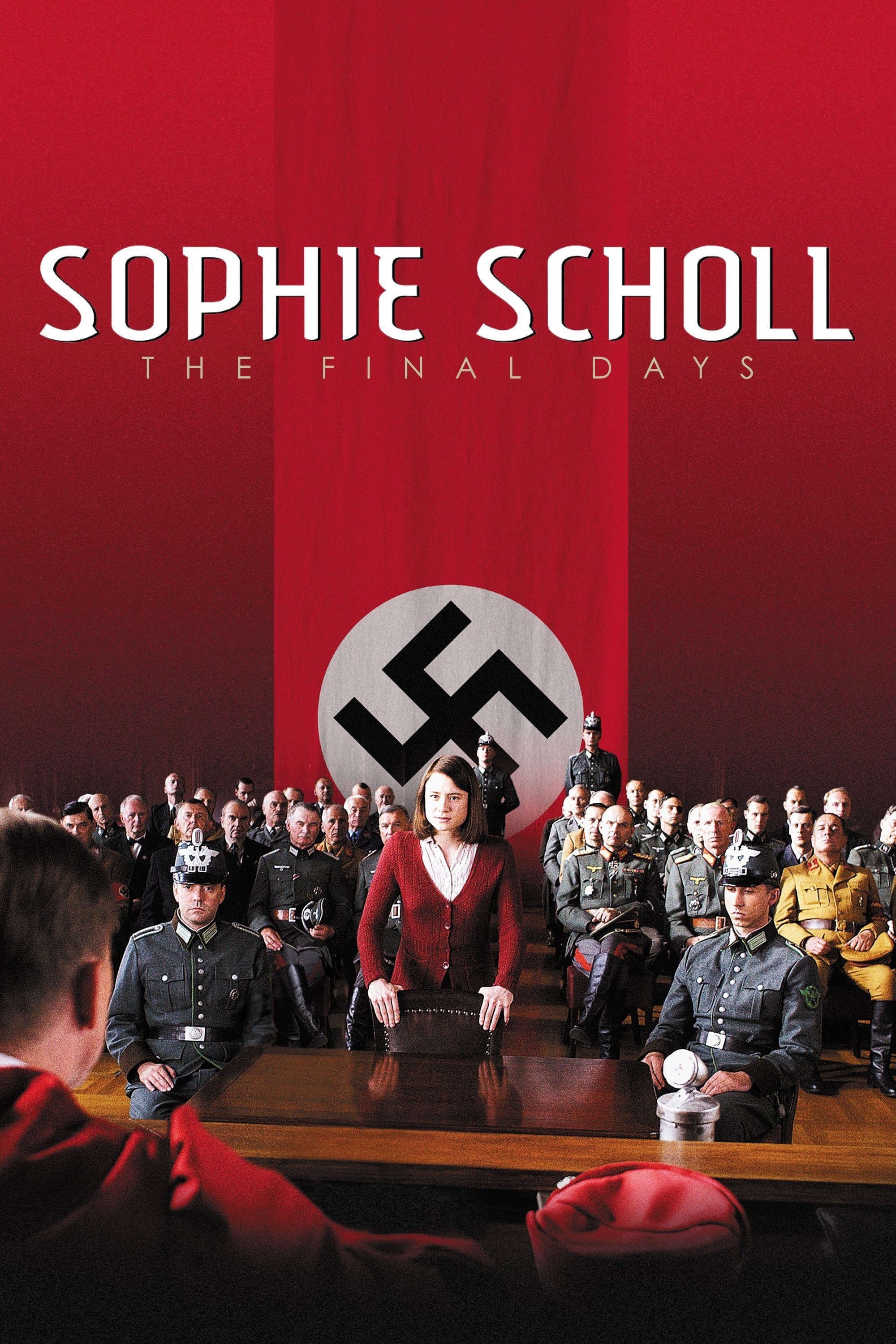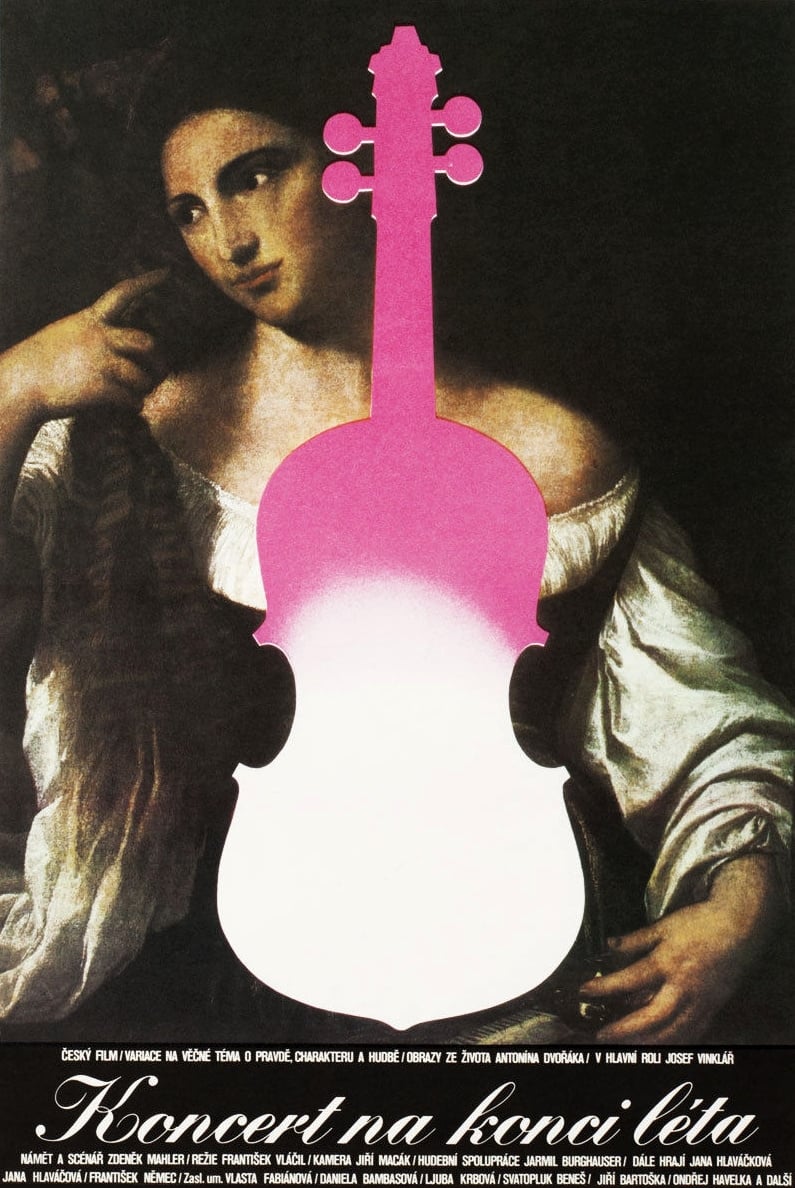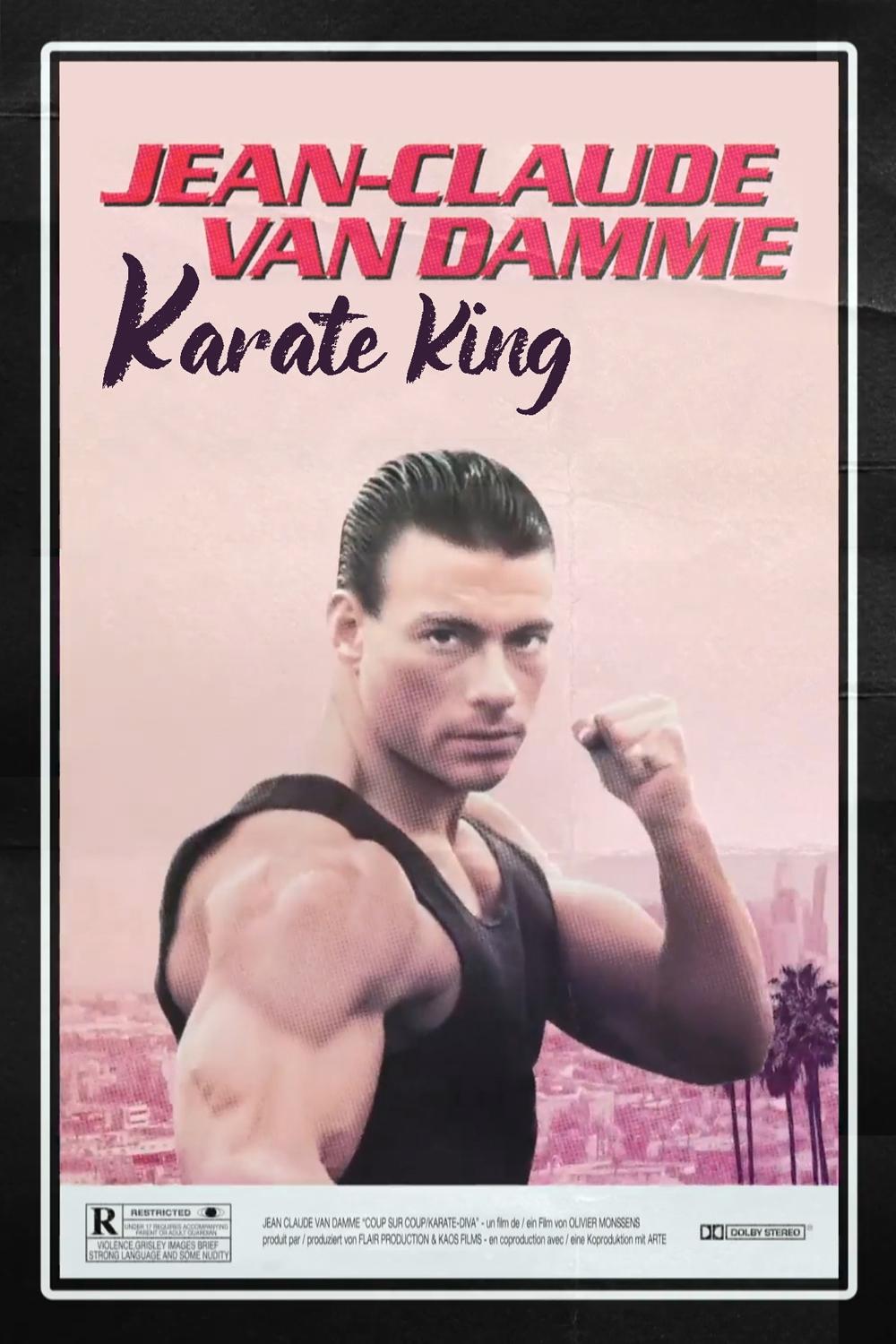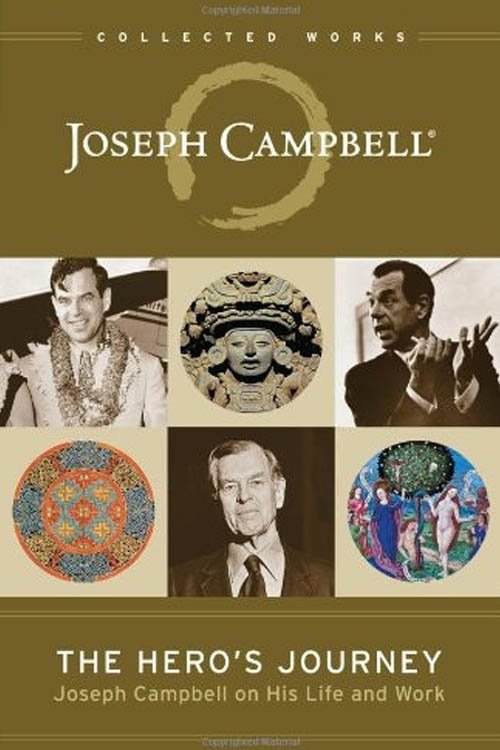
The Hero's Journey: The World of Joseph Campbell (1987)
Overview
One of the greatest storytellers of our time, and arguably the greatest mythologist, Joseph Campbell spent most of his long, rich career explaining how ancient myths like the Hero’s Journey are relevant to modern life. In understanding the importance of myth as a vital, vibrant source of "mankind’s one great story," Campbell inspired others to embark on a quest for the meaning of myth in their own lives. This biographical portrait, filmed shortly before his death in 1987, follows Campbell’s personal quest—a pathless journey of questioning, discovery, and ultimately of delight and joy in a life to which he said, "Yes."
Production Companies
Additional Info
| Budget | $0.00 |
|---|---|
| Revenue | $0.00 |
| Original Language | en |
| Popularity | 1.686 |
Directed By
Janelle Balnicke
Crew
Janelle Balnicke
TOP CAST
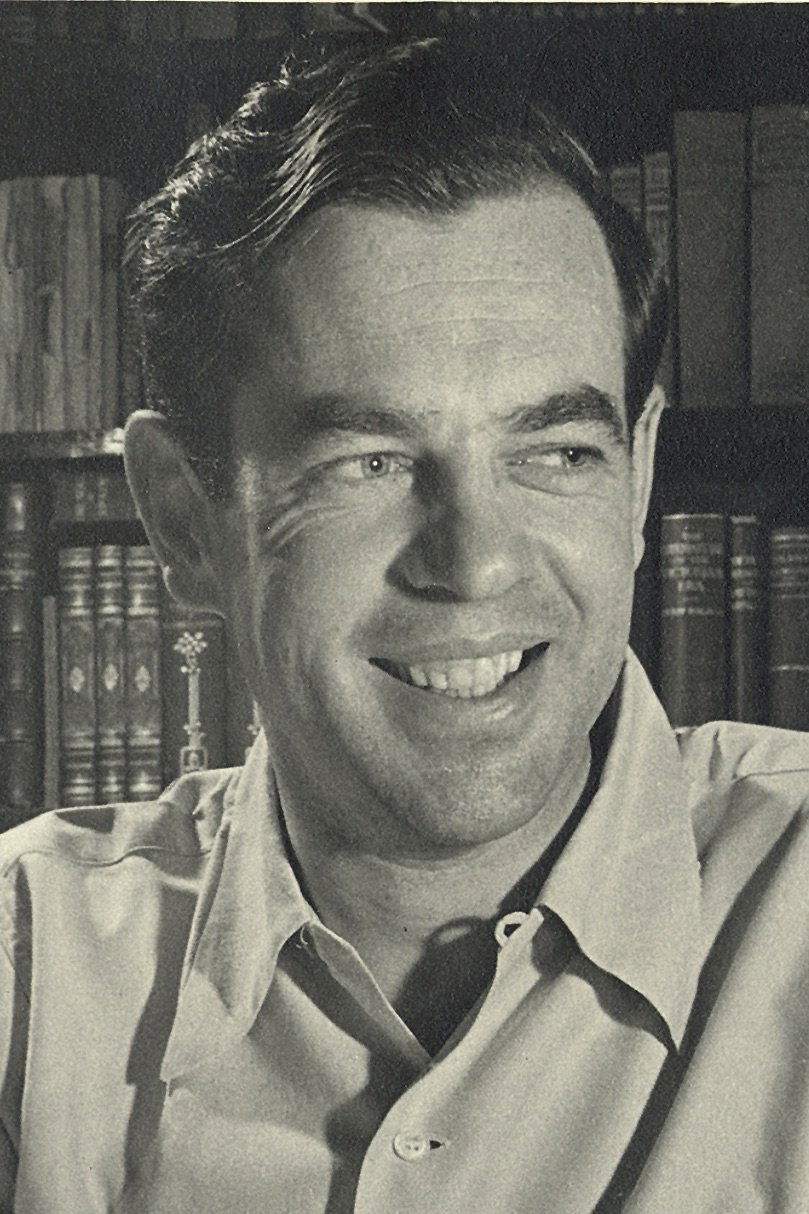
Joseph Campbell
Himself - Mythologist
Similar Movies
The Last Emperor
A dramatic history of Pu Yi, the last of the Emperors of China, from his lofty birth and brief reign in the Forbidden City, the object of worship by half a billion people; through his abdication, his decline and dissolute lifestyle; his exploitation by the invading Japanese, and finally to his obscure existence as just another peasant worker in the People's Republic.
The Honourable Rebel
A docu-drama about the life of the Hon. Elizabeth Montagu, a spy, screenwriter and worker in British cinema for Alexander Korda.
Claude Chabrol, the Maverick
An account of the life and work of French filmmaker Claude Chabrol (1930-2010), a sybarite Buddha, a furtive anarchist, an insolent lover of life.
Gandhi
In the early years of the 20th century, Mohandas K. Gandhi, a British-trained lawyer, forsakes all worldly possessions to take up the cause of Indian independence. Faced with armed resistance from the British government, Gandhi adopts a policy of 'passive resistance', endeavouring to win freedom for his people without resorting to bloodshed.
Cherry Valentine: Gypsy Queen and Proud
At 18, George Ward left the Gypsy community. He had felt rejected having come out as gay. Leaving his Gypsy identity behind, he invented Cherry Valentine, a drag alter-ego. Now he wants to find out if he can be accepted as a queer Gypsy and feel proud.
Troy
In year 1250 B.C. during the late Bronze age, two emerging nations begin to clash. Paris, the Trojan prince, convinces Helen, Queen of Sparta, to leave her husband Menelaus, and sail with him back to Troy. After Menelaus finds out that his wife was taken by the Trojans, he asks his brother Agamemnon to help him get her back. Agamemnon sees this as an opportunity for power. They set off with 1,000 ships holding 50,000 Greeks to Troy.
Yuri Olesha, nicknamed "The Writer"
Animated documentary film about the fate of the writer - Yuri Olesha. About how he was strangled by the grip of the era that fell to him, and in such an embrace he was forced to live not his life. Created on the basis of the writer's diaries, the film tells about the inner throwing of a talented man who died in literature thirty years before his physical death.
Mifune: The Last Samurai
An account of the life and work of legendary Japanese actor Toshirō Mifune (1920-97), the most prominent actor of the Golden Age of Japanese cinema.
This Is Sparklehorse
An comprehensive look at the life and music of Mark Linkous, a influential figure in the alternative music scene. Critically-acclaimed Linkous had a dramatic life that saw him battle with drug and alcohol addiction, paralysis, and debilitating depression that resulted in his eventual suicide. Mark's music was heralded by his peers and critics; a mix of delicate pop, discordant punk and melodic odyssey; it has been described as defiantly surrealist with all manner of references to smiling babies, organ music, birds, and celestial bodies. The film mines Marks life and music and navigates the sacrifices and highs and lows of his art.
Cruce de caminos
An account of the life and work of the singer and songwriter Miguel Ríos, pioneer and true icon of Spanish rock music.
Will There Be a Theatre Up There?!
The main character of this documentary is one of Georgia's most popular actors, Kakhi Kavsadze, who walks us through this chronicle of the Kavsadzes, a family of famous Georgian folk singers and actors.
Whitey: United States of America v. James J. Bulger
A documentary that captures the sensational trial of infamous gangster James 'Whitey' Bulger, using the legal proceedings as a springboard to explore allegations of corruption within the highest levels of law enforcement. Academy Award-nominated filmmaker Joe Berlinger examines Bulger's relationship with the FBI and Department of Justice that allowed him to reign over a criminal empire in Boston for decades.
The Elephant Man
A Victorian surgeon rescues a heavily disfigured man being mistreated by his "owner" as a side-show freak. Behind his monstrous façade, there is revealed a person of great intelligence and sensitivity. Based on the true story of Joseph Merrick (called John Merrick in the film), a severely deformed man in 19th century London.
Malcolm X
A tribute to the controversial black activist and leader of the struggle for black liberation. He hit bottom during his imprisonment in the '50s, he became a Black Muslim and then a leader in the Nation of Islam. His assassination in 1965 left a legacy of self-determination and racial pride.
Marius Petipa, le maître français du ballet russe
When he arrives in Saint Petersburg, at the age of 29, Marius Petipa is just an obscure dancer who fled western Europe to escape his debts. He is far from imagining that his engagement in the troupe of the Russian Imperial Ballet, then rather mediocre, will reveal him, forty years later, as one of the greatest choreographers in the history of dance. It is within the Bolshoi Kamenny theaters, then Mariinsky, in a still provincial capital where three productions a year are enough to satisfy an undemanding audience, that this native of Marseille will invent a new art of ballet, over the course of sixty of creations, between 1862 (La fille du pharaon) and 1895 (Le lac des cygnes).
Sophie Scholl: The Final Days
In 1943, as Hitler continues to wage war across Europe, a group of college students mount an underground resistance movement in Munich. Dedicated expressly to the downfall of the monolithic Third Reich war machine, they call themselves the White Rose. One of its few female members, Sophie Scholl is captured during a dangerous mission to distribute pamphlets on campus with her brother Hans. Unwavering in her convictions and loyalty to the White Rose, her cross-examination by the Gestapo quickly escalates into a searing test of wills as Scholl delivers a passionate call to freedom and personal responsibility.
Concert at the End of Summer
A docudrama about four weeks in the life of famous Czech composer Antonin Dvorak. The drama - filled with many of Dvorak's compositions - begins when the composer suddenly decides to cut a concert in London and return home. While on the train, flashbacks reveal his relationship to his wife Anna and her sister Josefina. Both women gave him inspiration, yet Dvorak is clearly troubled in some way as musical excerpts come and go in his creative mind.
Jean-Claude van Damme: Karate King
An American low-budget action film celebrated an unexpected worldwide success in 1988: "Bloodsport". With its, the world of film fans and martial arts cinema discovered a new idol: Jean-Claude Van Damme. In the 1970s there was Bruce Lee, but at the end of the 1980s a Belgian won the day. Van Damme was a karate master and had unparalleled strength and flexibility. For ten years he was one of Hollywood's hottest action stars. But excessive overconfidence and drugs bring him down again. At home in Europe he becomes a laughing stock on talk shows. Only with "JCVD" does he manage to get back on his feet, playing his character with perspective and self-irony, but without ever giving up the reputation that his action films brought him and which has been a cult for several generations. The highs and lows of his eventful life are told through archive footage and contributions from people close to the popular Belgian actor.
Buya Hamka: Vol. III
Depicts Hamka's childhood in Maninjau, West Sumatra, where he showed a great interest in tradition and literature, despite neglecting his education at the pesantren and often clashing with his father. After his mother divorced his father, Hamka went to Mecca to learn about organization, the hajj manasik system, and to pursue his life's greatest mission, building Islam in Indonesia. However, Hamka still struggled with his father and met Siti Raham, an extraordinary woman who became his greatest inspiration in life.


